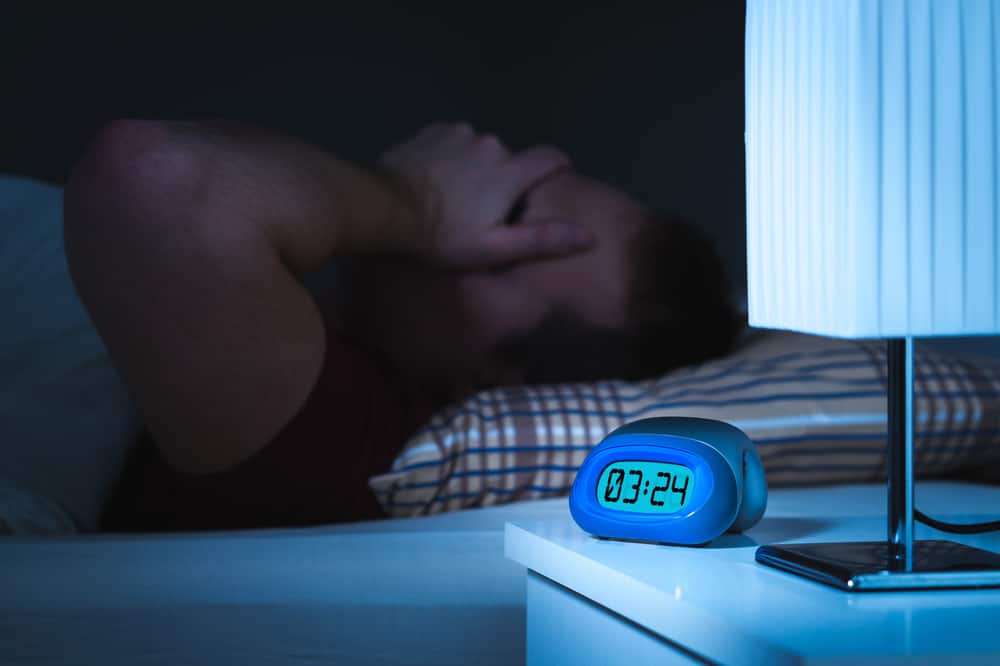What makes a person more likely to become addicted to drugs or alcohol than someone else? While we know that a propensity for substance use disorder is linked to a family history of substance abuse, mental illness or growing up in a stressful, chaotic environment, it’s still a somewhat loaded question.
A particular area of study that is relatively unexplored by comparison is sleeping habits. We know that substance use disorder can lead to poor sleeping habits, but of the research on the subject that does exist, studies have revealed that poor sleeping habits can occur before substance use disorder, not as a result of it.
One study examined adolescent sleeping habits. After 8 years, those who had poor sleeping habits were more likely to engage in risky behaviors such as using drugs and alcohol as older adolescents and young adults. Another study of children ages 2 to 5 found a correlation between poor sleeping habits and the development of drug and alcohol problems during adolescence. A University of Pittsburgh Medical Center study found that sleep duration and quality during late childhood can predict alcohol and cannabis use later in adolescence.
These studies discovered that poor sleeping habits during adolescence may predict substance use later in life, disproving the notion that substance use disorder causes sleep disorders.
How Could Poor Sleeping Habits Cause a Substance Use Problem?
Poor sleeping habits are dangerous for a few reasons. For adolescents, we know that it might predict substance use later in life, but it can also lead to:
- A weakened immune system.
- Poor cognitive functioning.
- An increased risk of conditions such as heart disease and diabetes.
A bad night of sleep leaves you feeling tired and sluggish the next day, which makes it difficult to fulfill your responsibilities. A person may try to make up for their lack of energy by drinking a few extra cups of coffee or turning to extreme stimulant drugs like cocaine or amphetamines, which could develop into an addiction.
Additionally, insomnia is a common post-acute withdrawal symptom among those in recovery and is a predictor of relapse. Often a person will relapse by attempting to alleviate insomnia through self-medication with drugs or alcohol, which actually worsens sleep quality.
A New Way to Prevent Substance Abuse
It’s normal for adolescents to experience changes in their sleep cycles that turn them into “night owls,” but parents should remain vigilant of excessive sleepiness and difficulty waking up in time for school. Scheduled bedtimes and wake-up times, using the bed only for sleep, and discouraging the consumption of caffeine and energy drinks can also promote healthier sleeping habits.
Existing research suggests that treating sleep disorders, especially among children and teenagers, could prevent future substance abuse. It’s also possible that treating sleep disorders like insomnia among those in recovery could improve their chances of achieving and maintaining long-term sobriety.
Total physical and mental well-being is critical for lasting recovery. If your health isn’t a priority, you can’t expect your body to respond to treatment the way you want. At Guardian IOP, we believe that optimal health leads to positive recovery outcomes. Our holistic outpatient treatment programs promote total health and wellness, priming our clients for success. For more information about our services, contact a Guardian IOP Treatment Advisor at 855.517.1871.

Reviewed for accuracy by:
Anna Marie Barrett LCSW, CYT
Anna earned her Masters of Social Work at Barry University in Miami, FL in 2017 and completed her internship in co-occurring disorders. Anna has a Bachelors of Art in Religious Studies from Naropa University and is a certified yoga and meditation instructor. Anna has received specialized training in somatic counseling with an emphasis on body-centered psychotherapy.




















